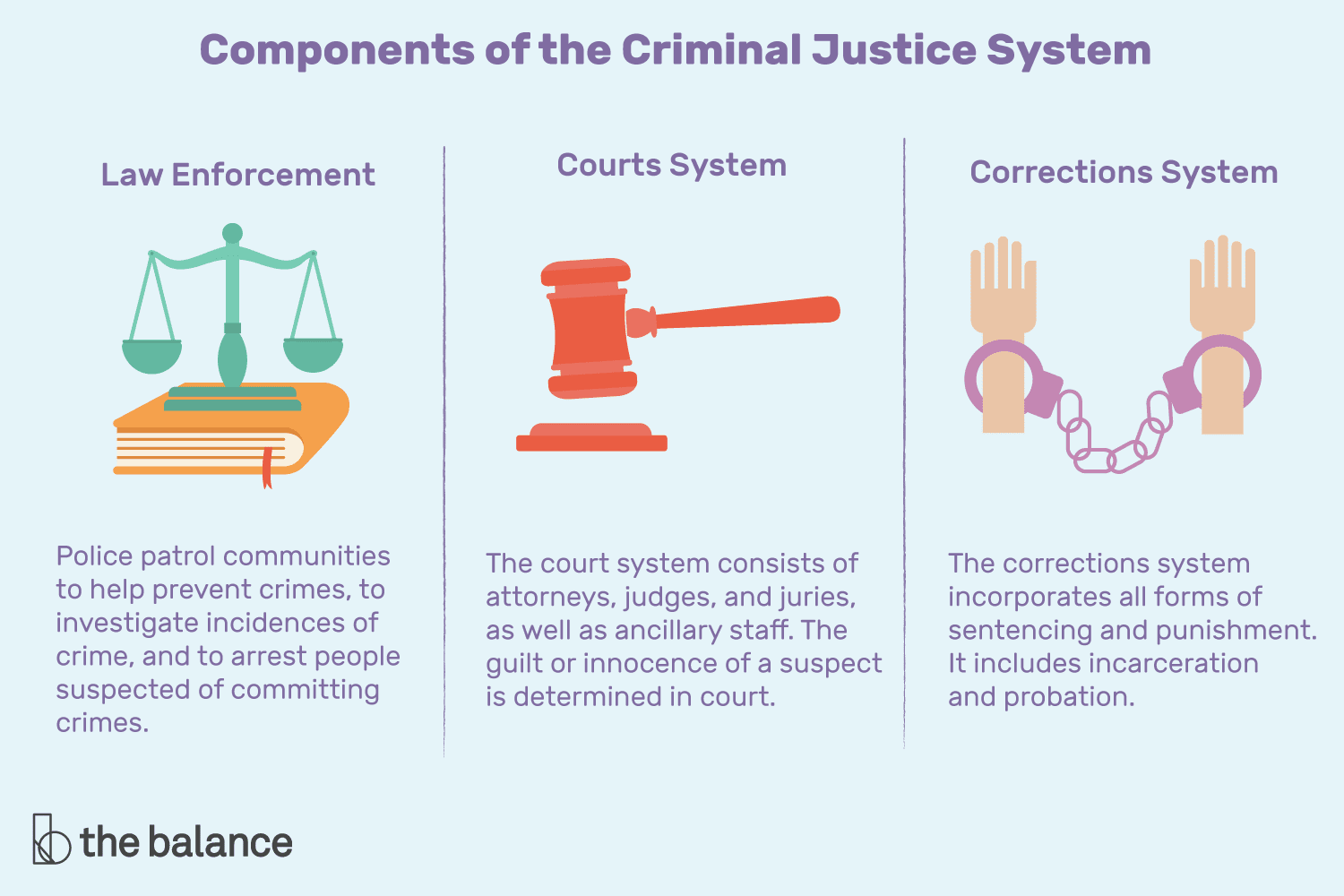Description

Copyright infringement is not intended
Connected to: Prelims and GS 2
Context: Government announced Inter-Operable Criminal Justice System (ICJS) project.
Details:
- The Union Minister of Home Affairs initiated the Interoperable Criminal Justice System (ICJS) project for the period from 2022-23 to 2025-26, for ensuring effective and modern policing.
- It is a Central Sector Scheme, which means 100% funding would come from the union government.
- It is a national platform for promoting integration of the key services (such as Police, Forensic labs, courts, public prosecutors, prisons) used for the delivery of Criminal Justice in the country.
- A dedicated and secure cloud-based infrastructure with high speed internet connectivity will be created.
- National Crime Records Bureau (NCRB) will be responsible for the implementation of the project in association with National Informatics Center (NIC).
- This project will be implemented with the support of States and Union Territories.
- The system is built on the principle of ‘one data one entry’, the data entered once will be available at all stages without the need to re-enter the data at every stage.
Criminal Justice System in India:
- The Criminal Justice System in India is a century-old system established by the colonial power.
- This system hardly experienced any substantial changes even after 70 years of Independence.
- The Criminal Justice system includes the agencies of government charged with enforcing law and order, deciding criminal offenses, and correcting criminal conduct.
- Criminal justice system has the power to control crime and punish criminals and ensure rule of law in the society.
- Source of Criminal law in India: Indian Penal Code of 1860, Protection of Civil Rights Act 1955, etc.
- The Criminal Justice System investigates, decides whether a person is guilty or not, and then imposes penalties on those who violate the established laws.
- Criminal law and criminal procedure are part of the concurrent list of the seventh schedule of the constitution.
Why reform in the India Criminal Justice System?
- Less than 20% of the total people booked for criminal offenses are finally convicted. Low rate of conviction points to the inefficiency of the Criminal Justice System of India.
- Century old Indian Criminal Justice System has promoted dissatisfaction among people due to its lengthy and costly nature and also increased burden on the judiciary.
- Lack of Cooperation and coordination among the judiciary, the prosecution and the police.
- A large number of guilty go unpunished. On the other hand many innocent people remain as undertrial prisoners as well. According to NCRB data, 67% of our total prison population comprises undertrial prisoners.
- Nature of crime is changing fast in the world of digital connectivity and technological innovations.
Steps taken by government to reform the system:
- The entire Code of Criminal Procedure (CrPC) was amended in 1973.
- The Vohra Committee was appointed for reforming the Criminal Justice System in India.
- Malimath Committee was formed by the government to suggest reform in the Indian criminal justice system.
http://www.country-data.com/cgi-bin/query/r-6165.html








